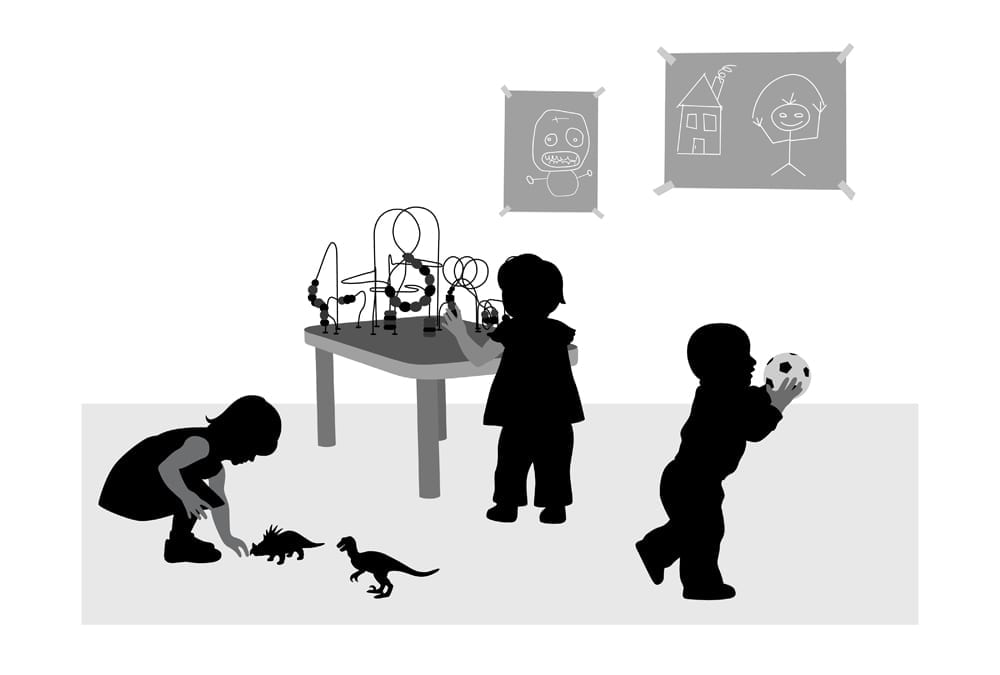Search Results for: constructive impact
Meet the MILs: Which of These Mother-in-Law Types is Yours?
Let's face it, when you said "I do," you probably didn't realize you were also signing up for a lifelong subscription to MIL Magazine, complete with monthly issues filled with unsolicited advice, invasive questions, and the occasional guilt trip, courtesy of your brand new mother-in-law. For many, entering this uncharted territory can feel more like…
5 Phrases Infecting Your Child’s Education
The following is a guest post by Raj (Anurag) Pandey, Education Program Director at MathCrunch. Parents have a tremendous impact on a child’s achievement. According to the National Parent Teacher Association (PTA), when parents are involved, regardless of income or background, children are more likely to earn higher grades and test scores, enroll in higher-level…
It’s Okay to Brag During Performance Reviews
It is almost time for annual performance reviews at many companies. I can already feel the anxiety building as we prepare to receive some “constructive feedback” about our job performance and decisions about promotions and raises. Annual performance reviews are especially stressful for many women. Whether this is due to cultural norms of female modesty…
Why Aren’t We Demanding Universal Daycare?
For too many working parents, summer is a nerve-wracking roller coaster of scattershot camps, vacations with relatives, and kids left alone for too long. We gratefully return our children to regular school in September. This nutty break is stressful for parents and kids — a far cry from idealized summers together at the pool, beach or backyard.
How to Talk to Your Problem Child
If your child proves to be particularly challenging, you may find approaching him to discuss the behavior exceedingly difficult. While it is necessary to communicate your displeasure regarding your child’s behavior, communicating this too harshly could result in your child feeling attacked and, as a result, being less willing to take your feedback constructively. Before your difficult child has his next behavior issue, carefully plan your approach to increase your likelihood of communication success.





